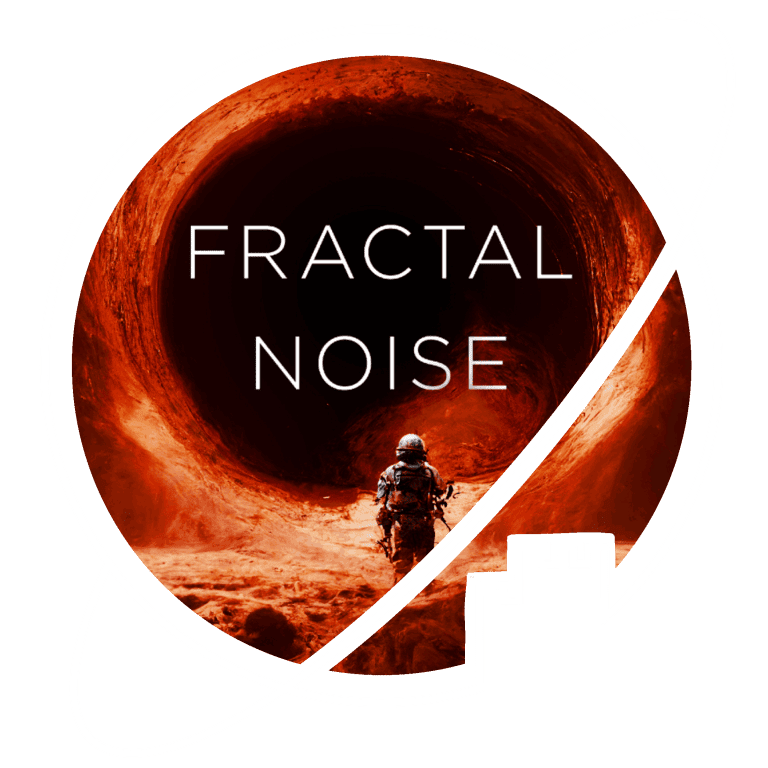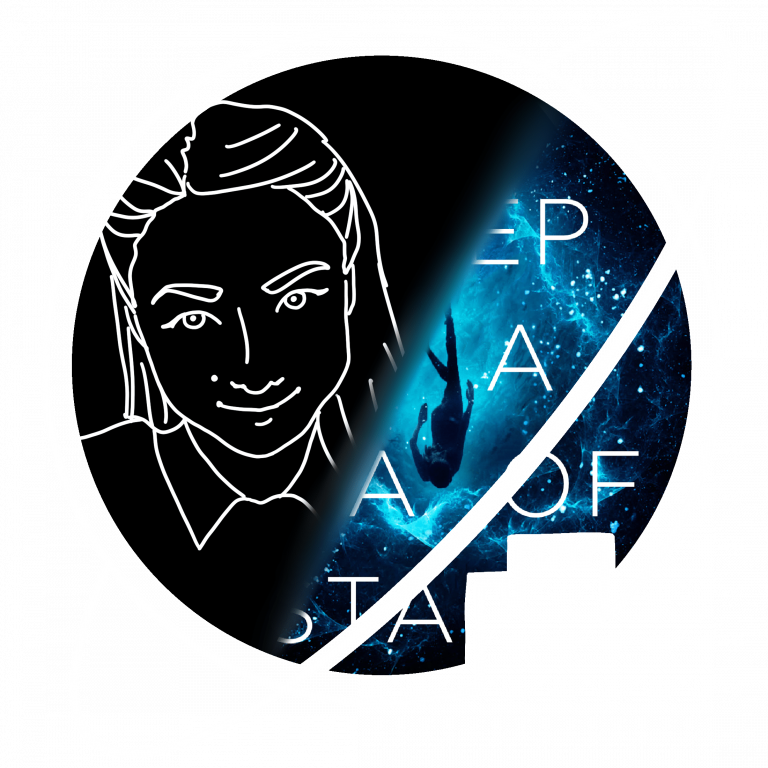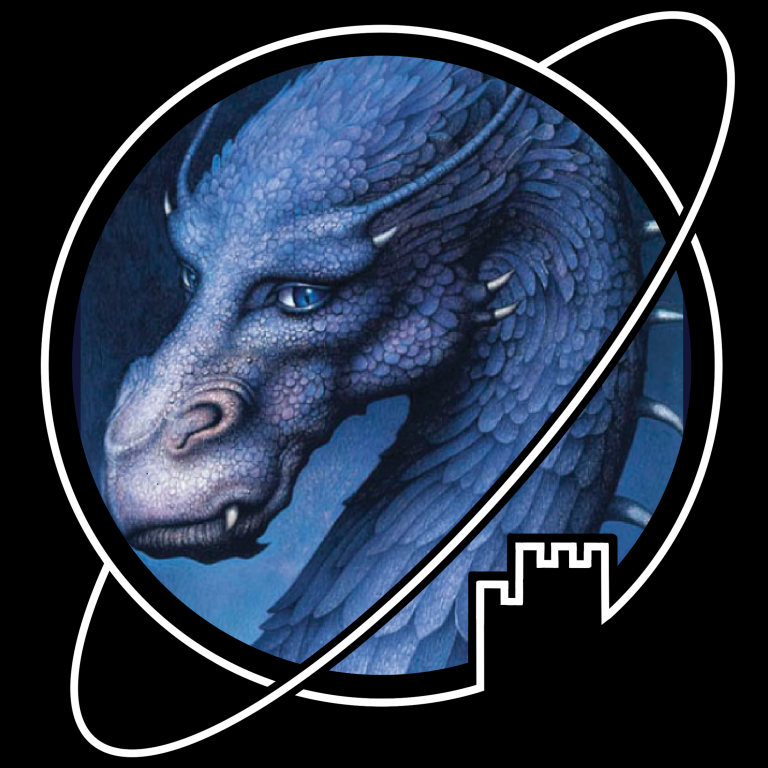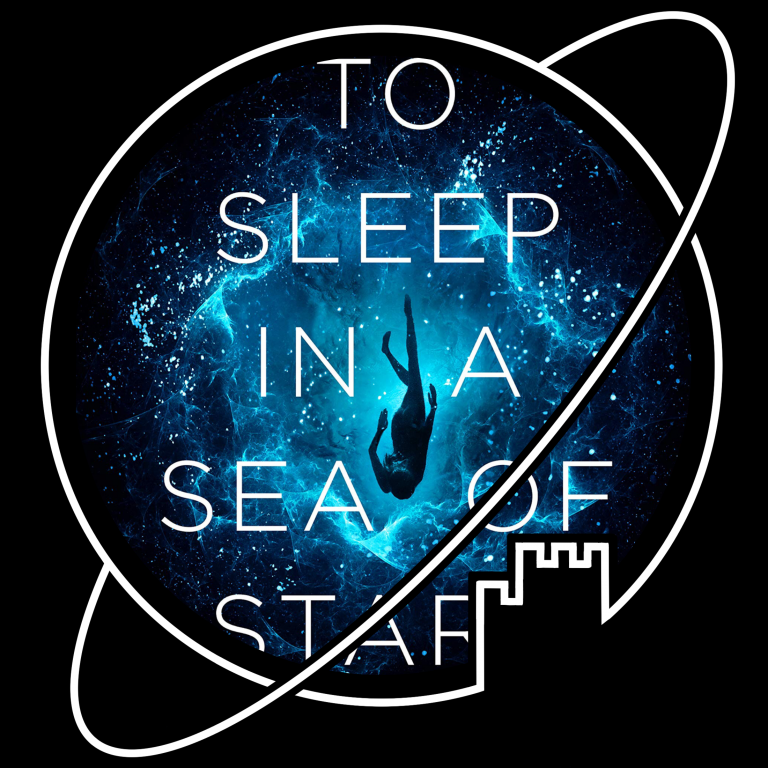- Novel written by Christopher Paolini
- Published May 16, 2023
- Part 0.5 of the Fractalverse


Christopher Paolini and I go back. Not very far, but far enough. I watched the Eragon movie when I was a kid, and quite enjoyed it because Dragons. About five years ago, I finally got around to reading the book, and was less than impressed. I gave it one star. Yeah.
I find it hard to hate on Eragon too much because Paolini wrote it when he was 15 years old. It’s impressive for a kid to write a whole book, even if it’s a bad one! I’m much less forgiving when it comes to his later work, however. His Sci-Fi novel To Sleep in a Sea of Stars had a lot of potential, which was wasted at every possible opportunity. It was just way too long, and even after 900 pages, it didn’t actually end. I won’t go too deep into my issues with the book, but if you’re interested in reading my rant – I mean analysis – feel free to check out my post about it.
Fractal Noise is a sort of prequel to Sea of Stars. None of the characters overlap, and we also don’t see any of the interesting concepts introduced in the latter novel in Fractal Noise. The ship Alex is on, the Adamura, also has a ship mind (a human whose brain has been implanted into a ship to control its processes like a sort of AI), but she barely plays a role in the plot.
One big similarity between the two books is that both main characters mourn a partner. Alex’s wife is dead and he’s understandably very upset about it. This was an improvement from Sea of Stars, in which protagonist Kira very quickly seemed to forget that her dead fiancé ever existed. The death of Alex’s wife, Layla, is a big theme in Fractal Noise. It’s essentially the main focus of the story, which is unfortunate because, based on the back cover, I thought I was about to be reading a thrilling first-contact Sci-Fi novel. Instead, this story is mostly about loss, which would be fine if it were a satisfying read, which it wasn’t.
A big problem for me were the characters. None of them are particularly interesting, and we don’t ever really dive deep into what drives them, other than “religion” for Talia, or “nothing” in the case of Alex. They’re not funny, they’re not compelling, and I couldn’t identify with any of them. The character we learn the most about is probably Layla, but even she never really becomes a “full” person.
The story itself also wasn’t really compelling enough to satisfy me as a reader. At the risk of spoiling the book a bit: nothing much happens. I kept waiting for the big moment that would make Fractal Noise worth my time, and it genuinely never comes. Much like To Sleep in a Sea of Stars, this book doesn’t really have an ending, and it’s very frustrating. When I finished the book, I almost threw it across the room because I was SO annoyed.
Before I leave you with the recommendation to just not pick this novel up, I do want to touch on one more topic. The cover of Fractal Noise uses stock art that was generated with AI. TOR is a publishing house that has plenty of money to pay actual artists to make their covers, and I hope they learnt from the backlash they faced over this issue. However, I don’t know if I agree with people who haven’t read the book leaving low-star reviews on Goodreads just because of the cover. That said, I think the book is kind of bad, so as far as I’m concerned the star rating is entirely fair.








